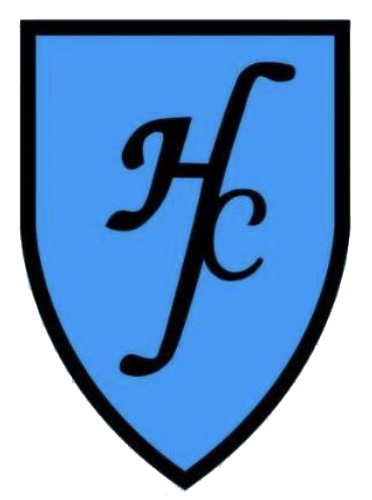British Values and Protected Characteristics at Holy Family
Fundamental British Values
At Holy Family we recognise, not only the importance of helping children to flourish academically but also spiritually, morally, socially and culturally, so they are fully prepared for life in British society and for their role as citizens, able to make the strongest possible contribution to the Common Good of all. We teach the importance of the British Values, democracy, the rule of law, individual liberty and mutual respect and tolerance of those with different faiths and beliefs, by going much deeper into the meaning of what it means to live a good life, within a framework of Catholic Christian Values. This provides the context and meaning for understanding why British values are important. Our framework for understanding British values draws on the example of Jesus and his welcome and inclusion of all, which is developed in Catholic Social Teaching. At Holy Family, we provide an education which focuses on the formation of the whole person and are guided by our mission statement:
‘Following in Jesus’ footsteps, we pray together, we play together & we learn together’
Our Catholic ethos, which includes explicit reference to Christian and British values, makes a tangible difference to the way we work together and with our wider communities. Within this framework it would be impossible to overlook the government’s view of British values expressed as ‘democracy, rule of law, individual liberty, mutual respect and tolerance of those of different faiths and beliefs.’ The examples that follow are an indication of some of the many ways we seek to embed British values at Holy Family Catholic Primary:
Democracy
- Having a pupil council and allowing pupils to elect their school councillors by holding elections
- Highlighting the development of democratic ideas in history and PSHE lessons
- Ensuring all pupils are listened to by adults
- Inviting speakers to the school
- Learning about our political system and those in other parts of the world
- Annual pupil questionnaires
The Rule of Law
- Classes creating their own “class rules” at the start of the year
- Having a clear relationships and behaviour policy that is explained to all
- Organising visits from the police service to reinforce the message of right and wrong and to teach about online safety
- Highlighting the rules of the Church in the RE curriculum and in other religions
Individual Liberty
- Children are encouraged to be independent in their learning
- Children have the opportunity to learn about and reflect on future careers (e.g. through STEM visitors, lessons in PSHE)
- Pupils are given the opportunity to suggest and organise fundraising events
- Class debates and discussions take place in various curriculum subjects
- Opportunities for pupils to learn about their rights and personal freedoms and how to exercise these safely (e.g. online safety lessons and CEOP resources, PSHE lessons and the responsibilities that these bring)
- Opportunities to join a number of extra-curricular activities after school
- Opportunities to take on additional roles and responsibilities (e.g. school prefects, librarians, class buddies)
Mutual respect
- Having a mission statement that is inclusive and which was written by the school community and is on display
- Constantly promoting respect for others as good manners (e.g. encouraged and commented on by visitors, comments from community events attended by our pupils and school trips)
- Reinforcing the value of everyone’s opinions in class debates
- Having an effective anti-bullying policy
- Emphasising in RE and PSHE lessons that every person is unique and “created in the image of God”
- Supporting charitable works (e.g. fundraising events held each term for charities such as Macmillan Cancer Support, CAFOD, Save the Children, Children in Need, Fairtrade)
Tolerance of those with different faiths and beliefs
- Religious Education provides pupils with a deep understanding of their own faith as well as an awareness of other faiths
- Opportunities to explore cultural celebrations through art and music
See the ‘British Values through Gospel Values’ document for more information on how Christian values and British values are taught.
Promoting the Protected Characteristics at Holy Family:
We work to ensure that our children understand that:
There are no outsiders at Holy Family
Everyone is different
We celebrate our differences
We are all equal in our differences
The Equality Act became law in 2010. It covers everyone in Britain and protects people from discrimination, harassment and victimisation. Everyone in Britain is protected. This is because the Equality Act protects people against discrimination because of the protected characteristics that we all have. Under the Equality Act, there are nine Protected Characteristics:
- Age
- Disability
- Gender reassignment
- Race
- Religion or belief
- Marriage or civil partnership
- Sex
- Sexual orientation
- Pregnancy and maternity
At Holy Family , we actively promote these in our curriculum and work to embed them into our ethos.
Under the Equality Act you are protected from discrimination:
- When you are in the workplace
- When you use public services like healthcare (for example, visiting your doctor or local hospital) or education (for example, at your school or college)
- When you use businesses and other organisations that provide services and goods (like shops, restaurants, and cinemas)
- When you use transport
- When you join a club or association (for example, your local rugby club)
- When you have contact with public bodies like your local council or government departments
See the Protected Characteristics document and No Outsiders in our School statement for more information.

